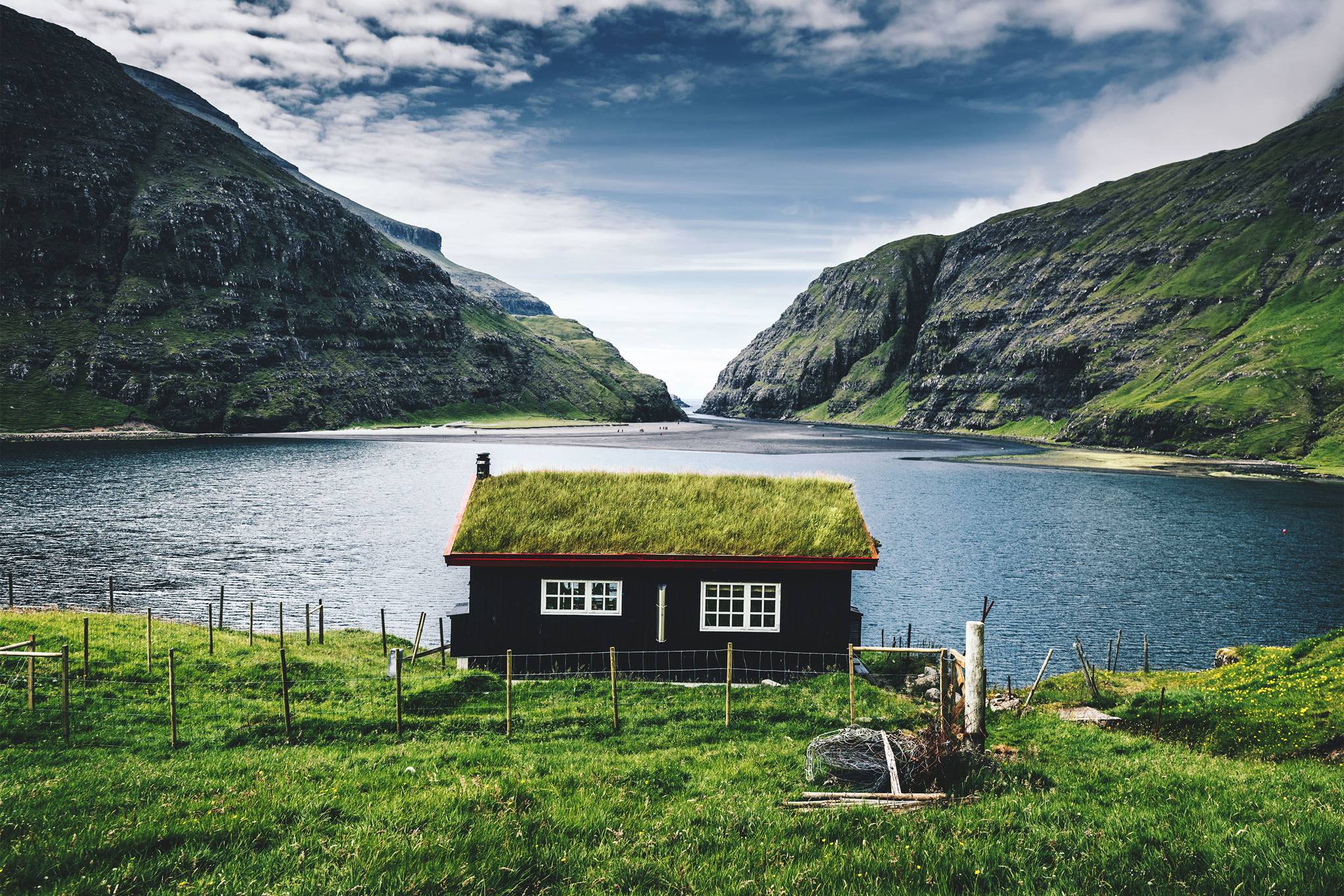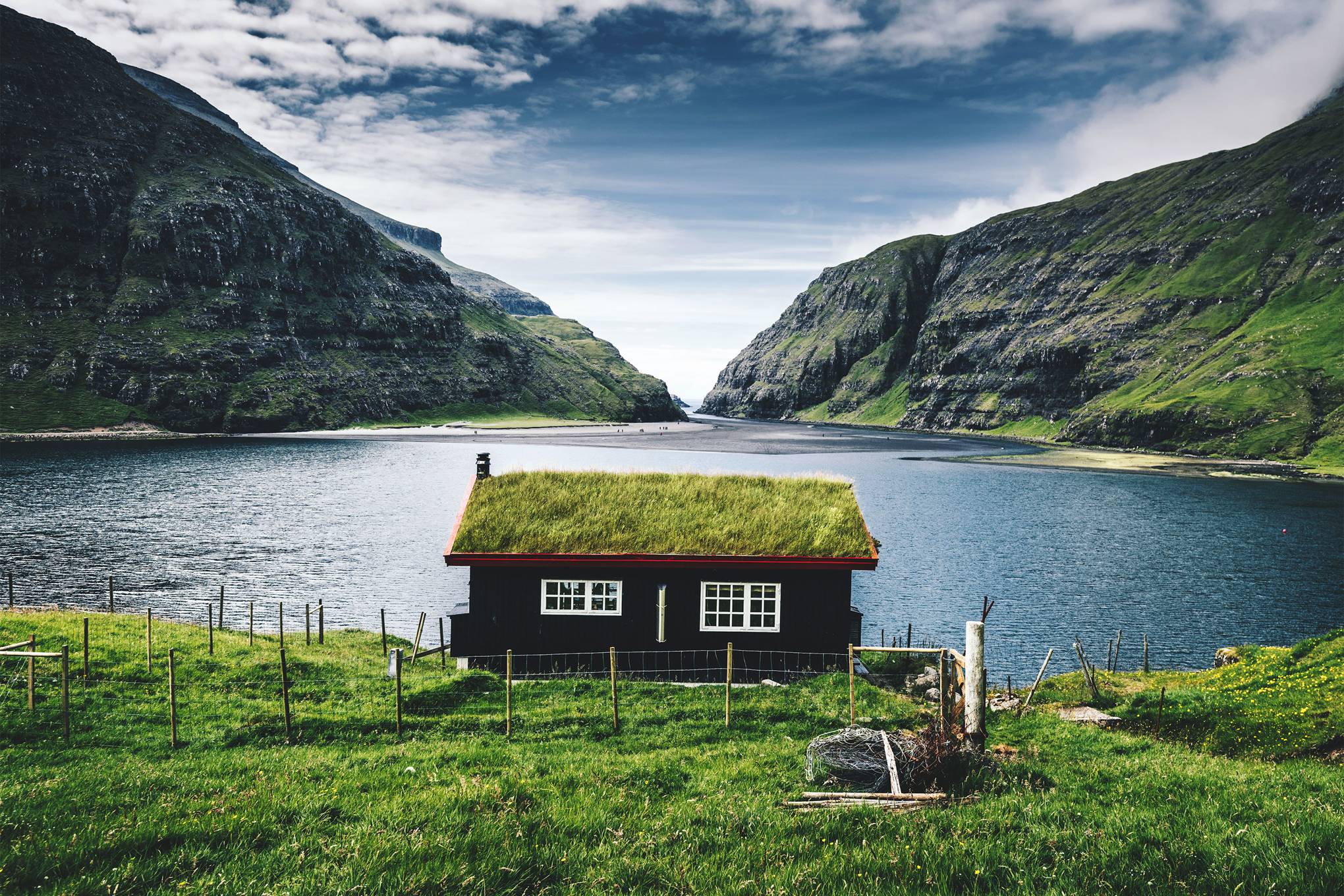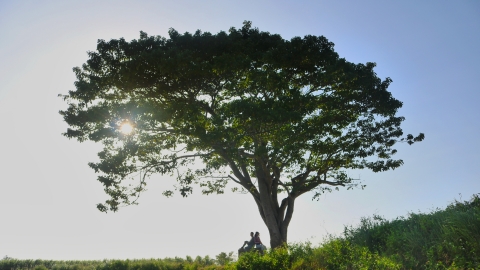Staycation
Staycation is a new concept and a travel trend that emerged in 2019-2020, meaning local travel, referring to holidays near home, even within the same city. In 2019, staycations in the UK contributed over $107 billion to the country's economy, and when Covid-19 occurred, revenue from staycations decreased to $29.5 billion in 2020.
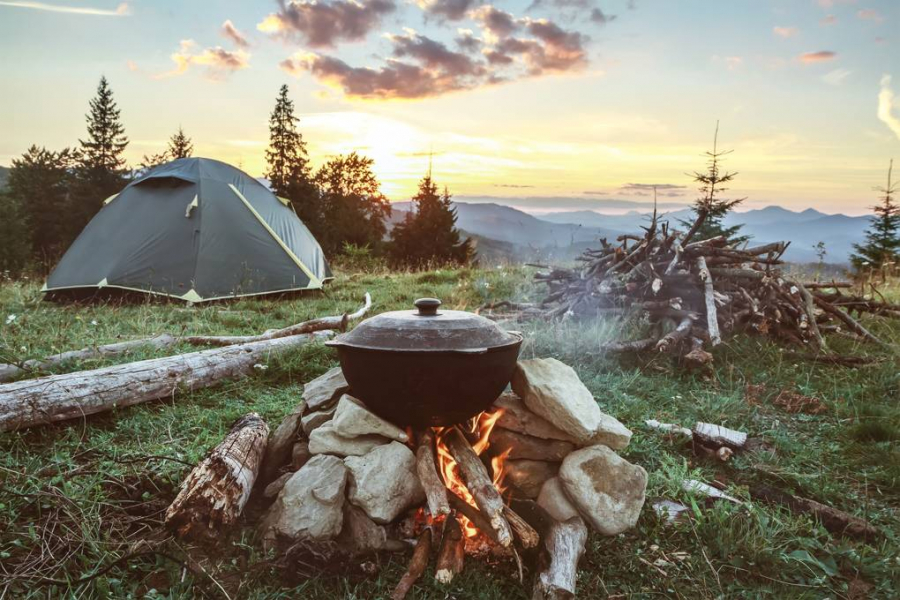
However, when travel restrictions and border closures are implemented, the staycation trend increases significantly. For example, this coming spring, the luxury accommodation rental website Luxury Cotswold Rental will see a 166% increase in traffic and a 138% increase in guests compared to the annual average.
Sustainable tourism development
One of the few benefits brought about by the Covid-19 pandemic is the restoration of the natural environment and the reduction of toxic NO gas.2The number of flights worldwide decreased significantly. Most flights were delayed, beaches that were previously crowded and streets that were once bustling were now almost empty, allowing residents to explore freely.
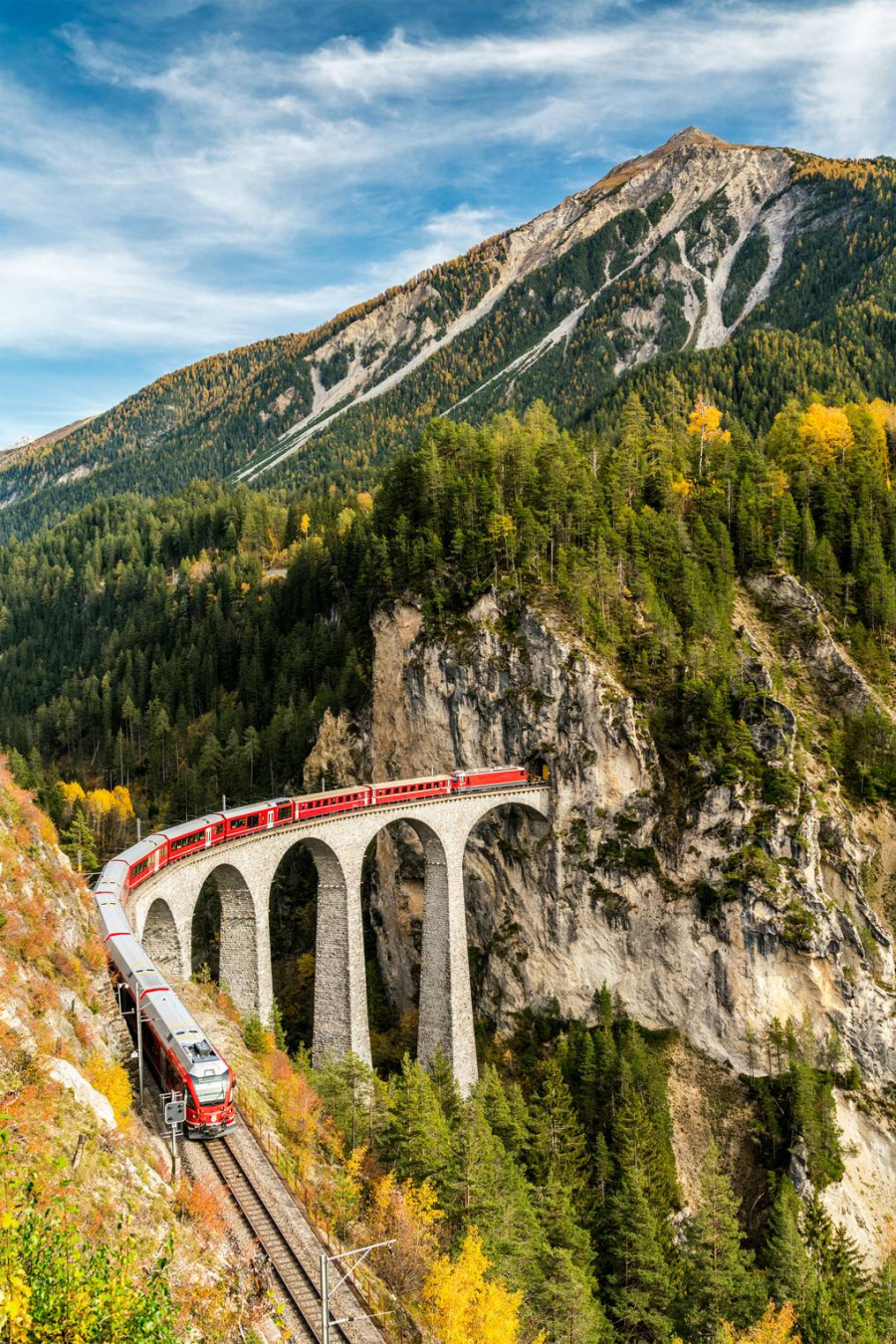
Of course, this situation will only be temporary, as countries are restoring industries accompanied by environmental initiatives. Many major airlines are appealing to governments to postpone policies restricting air travel and reducing emissions. Meanwhile, campaigners are calling for stricter conditions related to the Paris Agreement on climate change regarding airline bailouts.
However, after the pandemic, as activities gradually resume, environmentally friendly forms of tourism will become a strength and be embraced by both travel companies and tourists.
Explore the wilderness.
After a long period of social distancing, the freedom to roam and connect with nature is a great human need. Tourists yearn for spacious locations with beautiful scenery and convenient access to outdoor activities. Vacations with tents, campsites, or secluded bungalows are increasingly attracting those who are truly passionate about traveling in wild nature.
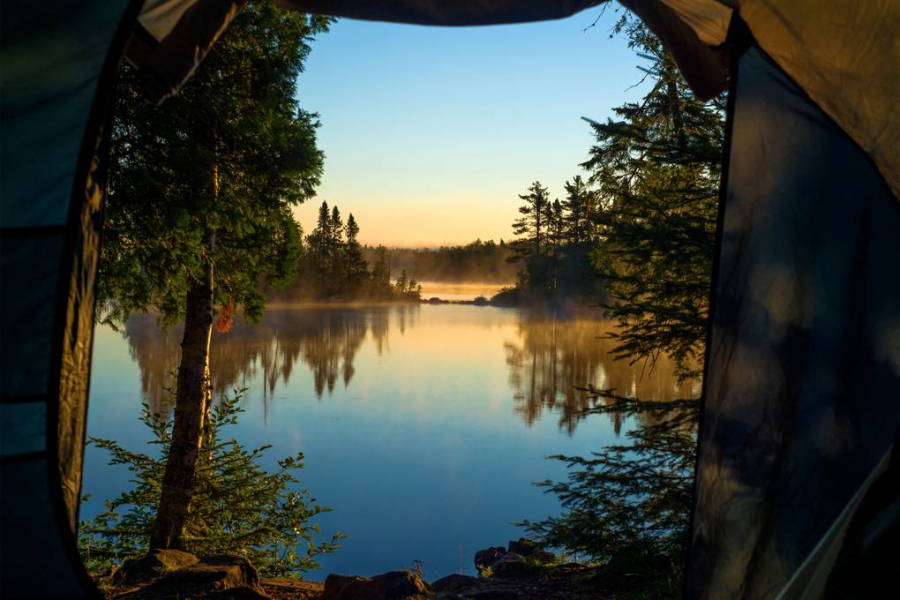
Tourism in nature reserves is becoming increasingly popular and contributes positively to the preservation of natural ecosystems. For example, the Ibera Estuaries in Argentina, the world's second-largest freshwater wetland, currently has four campsites. Revenue from these campsites goes towards supporting the conservation of rare animals such as jaguars.
Meanwhile, advanced cities around the world are trying to create more green spaces. Copenhagen, for example, is building artificial islands where tourists and residents can swim, kayak, boat, fish, or have picnics.
Isolated resorts
Many of us are dreaming of exploring secluded destinations. Beaches, popular and crowded guesthouses, hotels, and big cities are no longer priorities in our travel plans.
Instead, private villas, classic-style boats, as well as peaceful, tranquil beaches, rivers, mountains, and countryside will increasingly attract tourists. In addition, traveling by helicopter, private jet, or renting entire resorts or islands is also becoming more popular among the wealthy.
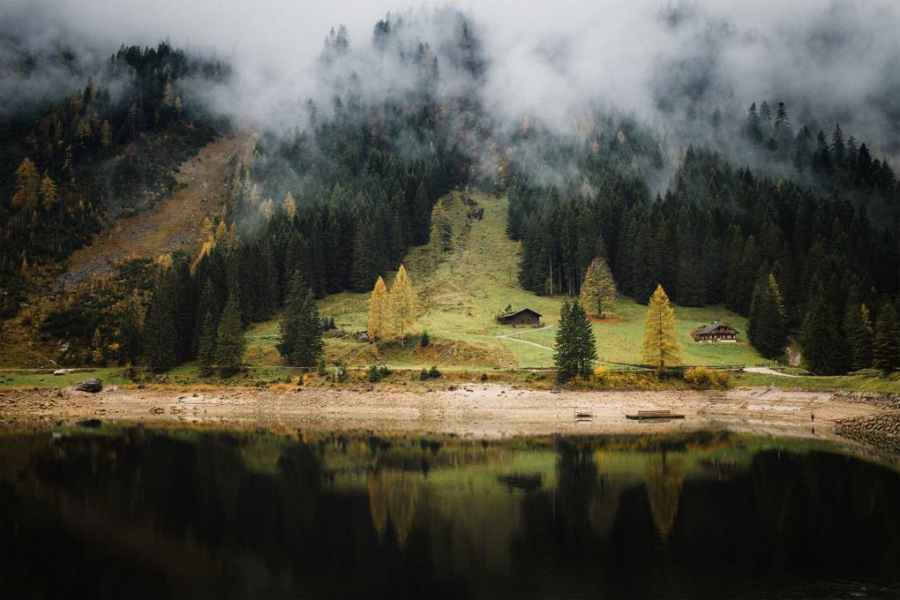
Some examples of places catering to the needs of travelers seeking social distancing include: Le Bijou Hotel in Zurich, Switzerland, selling smart accommodations with pandemic-era services such as iPads for requesting a private chef, health monitoring screens, and in-room Covid-19 testing. Alternatively, a trip to the Maldives and staying at Sun Siyam Resort for up to 50 guests costs only $1 million USD for a 15-day stay on either Iru Veli or Vilu Reef.
A trip of a lifetime
Wealthy travelers will be planning their once-in-a-lifetime vacations in the coming years. This partly reflects the surge in travel demand following the lifting of restrictions. They are willing to spend lavishly on vacations that were previously just a dream.
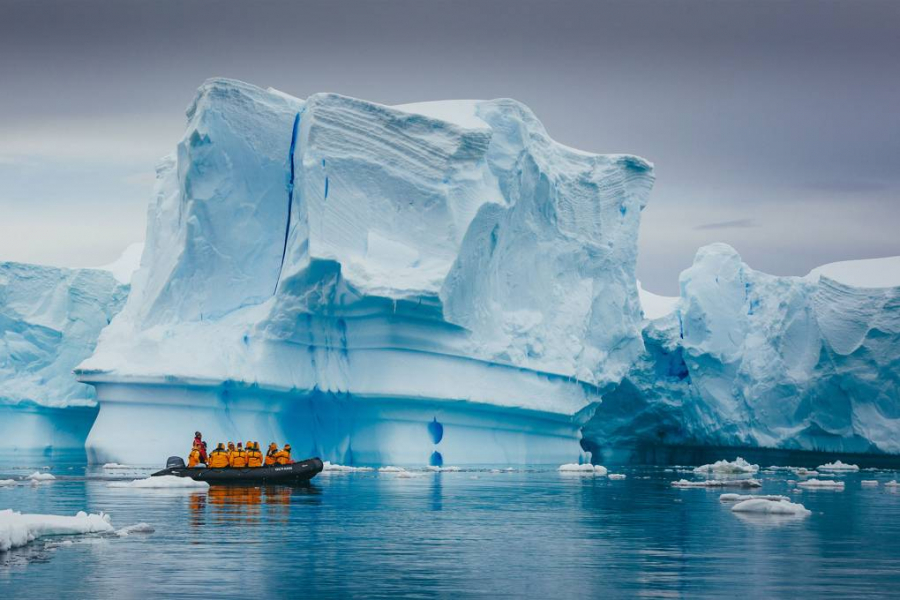
The pandemic has forced these people to rearrange their life priorities, especially those who have been confined to their homes for extended periods, giving them more time to reflect. They might forgo long trips abroad or short vacations in favor of a once-in-a-lifetime trip.
Tom Marchant, co-founder of Black Tomato, a website specializing in selling expensive, luxury, and exclusive travel tours, says: "People are using this time to dream about big trips that few would think of. We see this clearly in customers booking rooms in Argentina to watch the eclipse, in Iceland to see the aurora borealis in winter, or traveling to Angama Mara in Kenya for safaris."

 VI
VI EN
EN



